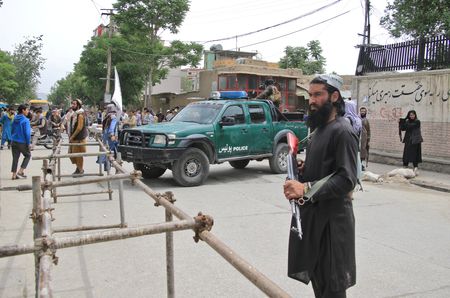
Is Pakistan Losing its Footing in Afghanistan?

Pakistan and Afghanistan’s relationship has been hitting stalemates in recent times, this comes at the junction of ramped-up attacks across the Durand Line on both sides. Ever since the fall of Kabul in August 2021, Pakistan has witnessed an increased number of attacks on its soil by the Tehreek-e-Taliban, Pakistan (TTP). The country is also plagued with the IS Khorasan (ISKP) problem, the Afghan chapter of the Islamic State which has now, in an unprecedented manner concentrated its offensive on the Pakistani soil. Pakistan had been constantly requesting Afghanistan to act on TTP cadres operating from its soil and securing the border region.
On April 16th, Pakistan launched a series of airstrikes targeting TTP hideouts in Eastern Afghanistan after reaching a saturation point with the Afghan Taliban’s inability to counter the threats. The number of TTP casualties remains unclear, however, UNICEF confirmed the airstrikes killed at least 20 children and 47 civilians total in Khost and Kunar. Taliban spokesperson Zabihullah Mujahid warned Pakistan of dire consequences if such airstrikes be repeated in the future and called for a dialogue. On August 15th, 2021 when the Taliban took over Kabul, there were celebratory noises in Islamabad and Rawalpindi. What led to Pakistan’s sudden change of tone with the Taliban underscores a major policy shift with its most trusted ally in the region.
Precursors are Not Surprising
The Taliban’s takeover of Afghanistan has given the ideological and operational wherewithal to the TTP in order to reposition and reorganize its fighters for launching a full-scale offensive in Pakistan. This does not come surprisingly given the Taliban’s historical relationship with the TTP and such misadventures were inevitable for Pakistan. The Pakistani Government’s bid at securing a temporary truce with the TTP through dialogues had been hitting dead ends. On contrary to that, the TTP launched Operation al-Badr, a seasonal offensive that commenced on the first day of Ramzan followed by numerous attacks on Pakistan’s military establishment. According to a report by the Pakistan Institute of Peace Studies (PIPS), 207 terrorist attacks took place in Pakistan, which accounts for a 42% increase compared to 2020 out of which TTP was alone responsible for 87 attacks. The situation this year remains even more tensed with more than 53 attacks recorded until April 2022.
These attacks speak volumes of the current threat Pakistan continues to face to date. For the Taliban, it’s an ideological dilemma to break down the TTP stationed on Afghan soil. Ever since the Pakistan military launched the operation Zarb-e-Azb in 2014 to wipe out TTP and other terror outfits from the Northwest, the Afghan Taliban played a crucial role in harboring these terrorists in areas under its control. Now, the tables have turned and Pakistan finds itself running into loggerheads with its own choices as the terrorists remain deeply embedded in the tribal region across the Durand Line.
A Robust Shift in Pakistan’s CT Tactics
The recent airstrikes by Pakistan on Afghan soil highlight a major shift in the state’s counter-terrorism policy. Even if Pakistan did not achieve its objective through the unprecedented strikes, it left a huge stain on its relationship with the Taliban. Clearly, Islamabad has a bigger objective in mind which goes beyond its agenda of countering terrorism emerging from Afghanistan. In an attempt to showcase its authority over Afghanistan, Pakistan seeks to remind the Taliban that the Islamabad-Rawalpindi nexus is still holding the remote control of Kabul. This puts the Taliban in an uncomfortable situation where they are confronted with the fact that Pakistan can launch attacks on their soil with full impunity. Pakistan, which is still emerging from a major political crisis wants to demonstrate that these internal rifts should not be mistaken for total independence and that GHQ still has its eyes set on Afghanistan.
Moreover, Pakistan is also confounded by the Taliban’s constant diplomatic engagements with countries far away that are looking forward to building relationships with the militant group. Nations like Turkey and Qatar are the front runners in establishing a strategic partnership with the Taliban. Both the nations have been sending aid and fostering dialogues with other nation-states, including the United States and the European Union in a bid to secure a de-facto recognition for the Taliban. This puts Pakistan in a dilemma of losing control over Kabul, a fear that grows deep within the Rawalpindi GHQ. A baffled Pakistan, running out of options relies on tactics that shake the Taliban shura from top to bottom.
Facing Excruciating Realities
The Taliban’s reluctance on acting upon the TTP cells operating on Afghan soil has given operational ease to the terrorist group to conduct sophisticated attacks on Pakistan’s military establishment. Pakistan gravely miscalculated the events of August 2021, which Rawalpindi calls a ‘Strategic Victory’. It failed to take into account that the Taliban’s ultimate victory in Afghanistan will have spill-over effects on Pakistan’s own backyard.
While Shehbaz Shairf, the newly appointed Prime Minister of Pakistan has spoken actively against terrorism in Pakistan, the implications on the ground will have little to no effect. Pakistan expects the Taliban to maintain the same level of obsequiousness it showed in the 1990s, while the Taliban hopes for going beyond the identity of being recognized as a Pakistani proxy. Strategically speaking, Pakistan lacks the intelligence to conduct precision strikes inside Afghanistan. Hence, relying on the Afghan Taliban for achieving its CT goals is the only choice left for Pakistan which again, is an uncomfortable call to make.
*****************
Disclaimer
The opinions expressed in this article are the author’s own and do not reflect the views of Chanakya Forum. All information provided in this article including timeliness, completeness, accuracy, suitability or validity of information referenced therein, is the sole responsibility of the author. www.chanakyaforum.com does not assume any responsibility for the same.
Chanakya Forum is now on . Click here to join our channel (@ChanakyaForum) and stay updated with the latest headlines and articles.
Important
We work round the clock to bring you the finest articles and updates from around the world. There is a team that works tirelessly to ensure that you have a seamless reading experience. But all this costs money. Please support us so that we keep doing what we do best. Happy Reading
Support Us



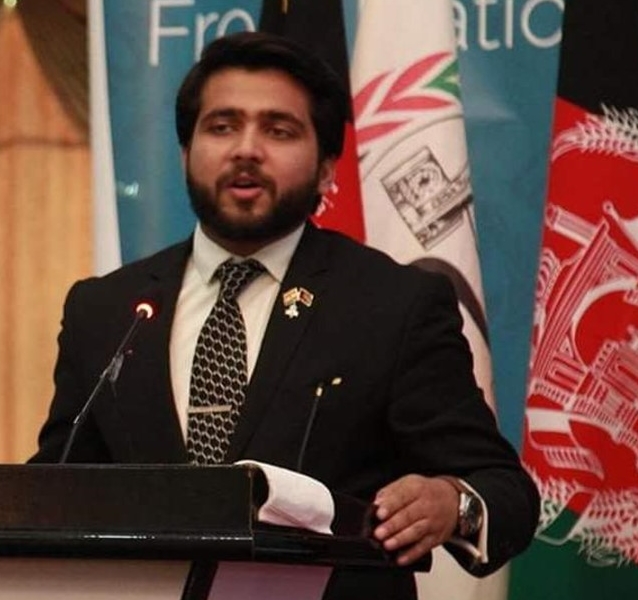


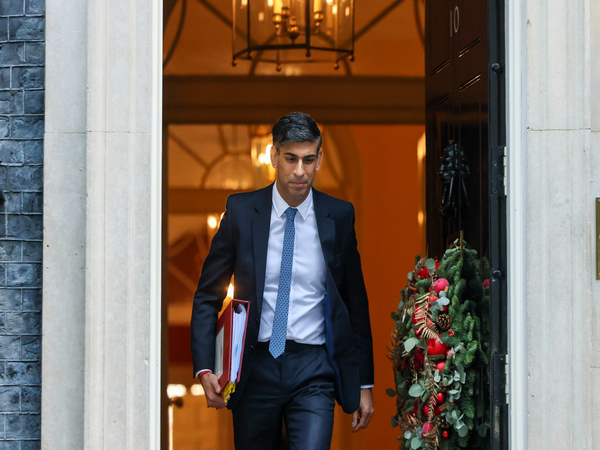
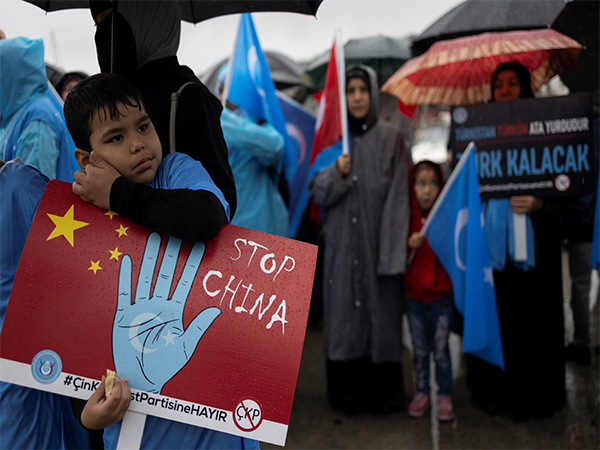
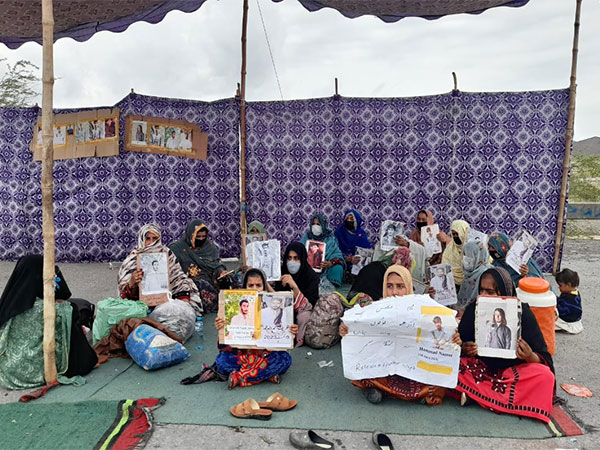
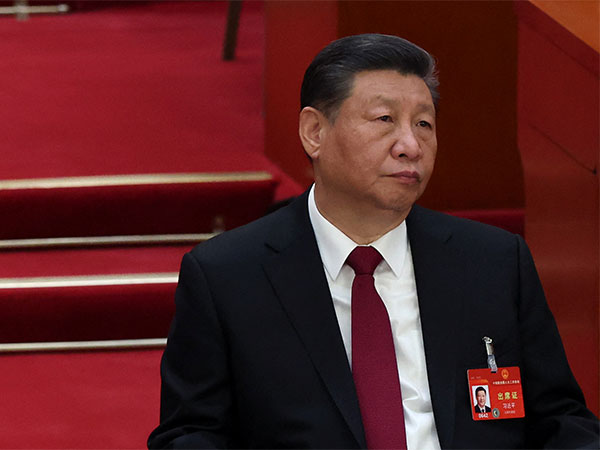


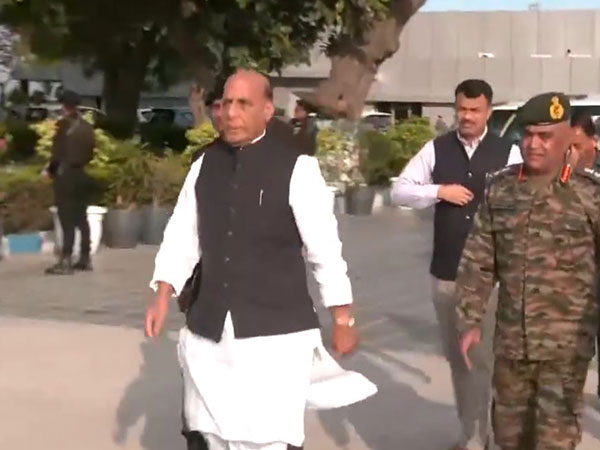
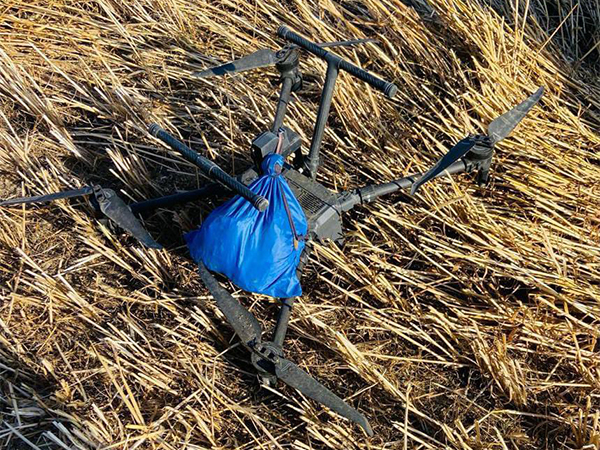
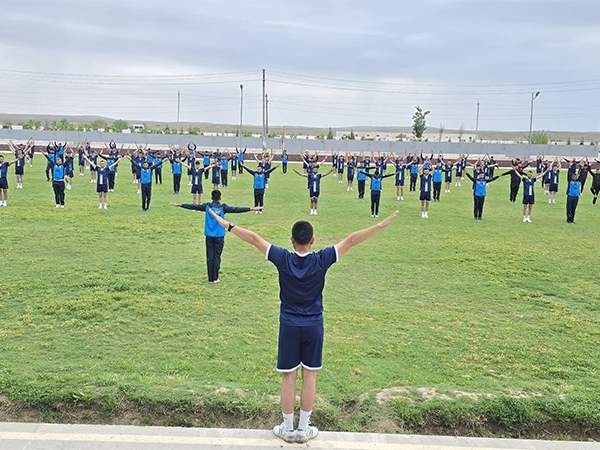






POST COMMENTS (4)
Nupoor
Raj Kumar
Kalidan Singh
Abhijnan Goswami